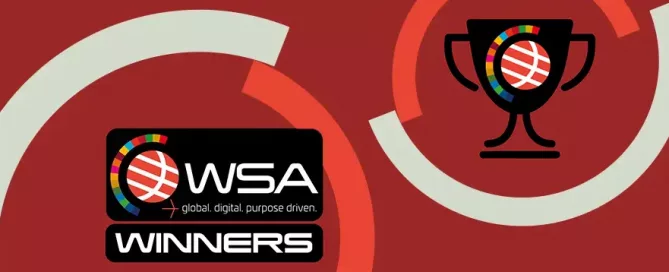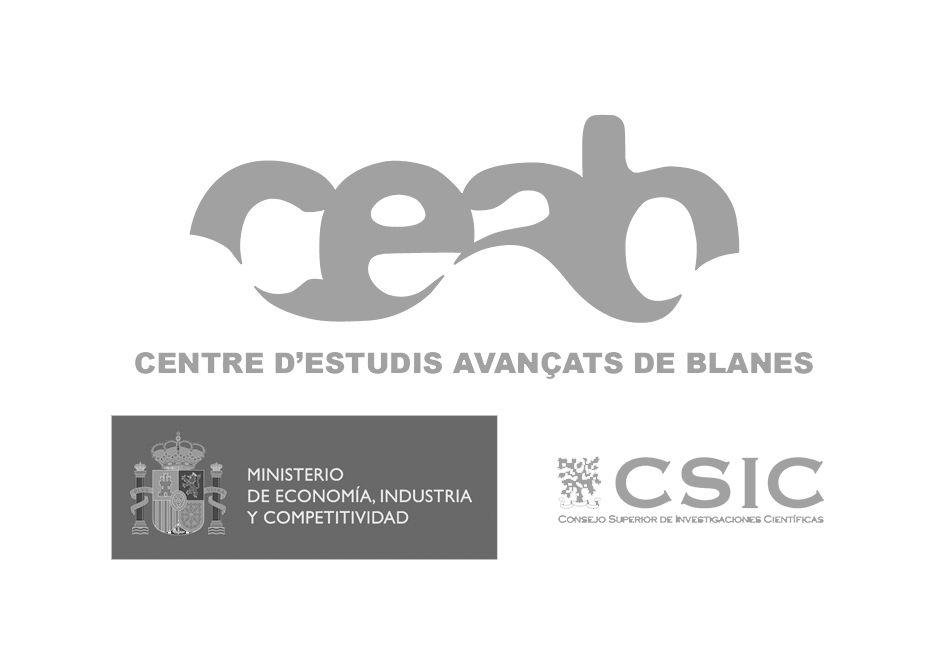The World Summit Awards (WSA) recognize digital solutions that contribute to achieving the United Nations Sustainable Development Goals.
The citizen science platform Mosquito Alert has been distinguished with the international WSA 2023 in a category that highlights the importance of digital solutions that contribute to creating healthier, more sustainable, and inclusive urban environments.
The WSA awards are a global initiative established within the framework of the United Nations World Summit on the Information Society (WSIS), aimed at recognizing and promoting digital solutions that have a positive impact on society and contribute to achieving the United Nations Sustainable Development Goals.
Mosquito Alert is among the 40 digital initiatives awarded in 8 different categories, after competing with a total of 466 submissions from 88 countries. The selected initiatives have been invited to participate in the WSA World Congress, which will be held from April 14 to 17 in the Chilean Patagonia. The Congress offers a series of benefits to its participants, as it allows the awarded initiatives to belong to a global community that fosters mentoring opportunities and encourages collaboration, thus amplifying the impact of each project’s technological solutions.
The award, a recognition of Mosquito Alert’s trajectory
Mosquito Alert is a citizen science project coordinated by Spanish research institutions, including CSIC, UPF, CREAF and CEAB. This “citizen observatory” is also part of the CSIC’s Interdisciplinary Thematic Platform (PTI) on Global Health, which includes 144 research groups with more than 400 participants from various specialties, including epidemiology of vector-borne infectious diseases.
The purpose of Mosquito Alert is to innovate traditional surveillance of disease-transmitting mosquitoes and study invasive species through citizen participation and the use of new technologies. The project is supported by a broad international network of entomology and public health specialists, in addition to exploring new methodologies for communication and dissemination to the public, as well as the use of Artificial Intelligence.
“Although Mosquito Alert started as a local experiment, it is now an expanding initiative in Europe, and we are exploring its feasibility as a tool in other countries in the Americas and Africa. The challenge is to create a scalable tool globally, but also useful at the local level” explains Aitana Oltra, co-founder of Mosquito Alert.
Thanks to this strategy, the project has managed to monitor and understand the spread of species such as the tiger mosquito and the Japanese mosquito in Spain and Europe in recent years, having received over 190,500 citizen notifications from 183 countries.
The combination of citizen participation, the scientific community, and the efficiency of artificial intelligence to analyze data has allowed us to establish an early warning system for the detection of invasive species” emphasizes Frederic Bartumeus, ICREA researcher at CEAB-CSIC and co-director of Mosquito Alert.
Early detection of species such as the tiger mosquito or the yellow fever mosquito is crucial for their eradication or minimizing the negative impacts they may cause.
“With the information obtained, we generate risk maps at an unprecedented spatial and temporal resolution, thanks to models that are updated automatically and can make predictions a week in advance” adds Bartumeus, referring to tools developed in collaboration with entities such as the CCAES of the Ministry of Health or the Barcelona Public Health Agency.
The future of Mosquito Alert, a commitment to sustainability and public health
Mosquito Alert has been developed in the context of the current issue in Europe, but mosquito-borne diseases occur in very diverse contexts and have a global impact. The current challenge is to expand the use of Mosquito Alert to regions where diseases such as dengue are endemic and to do so hand in hand with local agents, studying the usefulness of the tool in the management and control of mosquitoes in epidemiological crisis contexts.
“We are building tools to help local public health authorities focus their mosquito control efforts where they will have the greatest impact” explains John Palmer, researcher at UPF and co-director of Mosquito Alert.
The transition of Mosquito Alert from a proof of concept to an innovation tool for the public sector is crucial to ensure the continuity of the project beyond its current scientific framework, where Mosquito Alert contributes as a scientific tool in various national (Big Mosquito Bytes) and European (AIM Cost, HMIP, VEO, IDAlert, E4Warning, DURABLE) projects. To do this, it is essential to demonstrate the advantages and usefulness of the platform under an open innovation model for public administrations.
“Mosquito Alert not only contributes in the scientific and public health fields but also offers economic and social benefits by optimizing resources dedicated to vector control in a participatory manner in line with the United Nations Sustainable Development Goals” concludes Bartumeus.
The recognition of Mosquito Alert and the participation of the team in the WSA 2024 Congress will provide a great opportunity to address the sustainability of the initiative and the challenge of scalability on a global level, thanks to the exchange of experiences with other global projects of technological and social innovation.
We thank Andreu Veà i Baró, WSA “National Expert,” for the nomination to these awards. The National Experts team of the WSA is one of the main pillars of the WSA network. They voluntarily offer their expertise in the business sector and their social commitment and are responsible for the national pre-selection of entries to the WSA in 182 UN member countries.
About Dr. Andreu Veà Baró
Andreu Vea is a well known internet pioneer and entrepreneur in Spain. He founded the 4th ISP (in 1994) and later on leaded the internet strategy of Retevision-Auna the second Spanish national telco-carrier which opened the monopoly (hold by Telefonica until that moment 1998). He was involved in launching their ISP, the revolutionary Free Access and the Flat Rate, which doubled the market in less than a year.
He is a Telecom Engineer, Electronic Engineer, and holds the first Ph.D. dissertation thesis (2002) focused on the Internet. Which got the attention of Vint Cerf (father of the internet) who encouraged him to follow his research at Stanford (2003). Since then he has been invited at this University and has focused his research on finding internet pioneers around the world. This program has been internationally awarded by ISOC (the Internet Society) which is since 2007 supporting its efforts.
Dr Vea has contributed or founded many internet related organizations (www.espanix.net, www.catnix.net, www.isoc-es.org) and has been part of multiple steering committees as the Internet Global Congress or in ISOC. Nowadays he is also International Relations and Networking Director, at La Salle Innovation Park in Spain.




